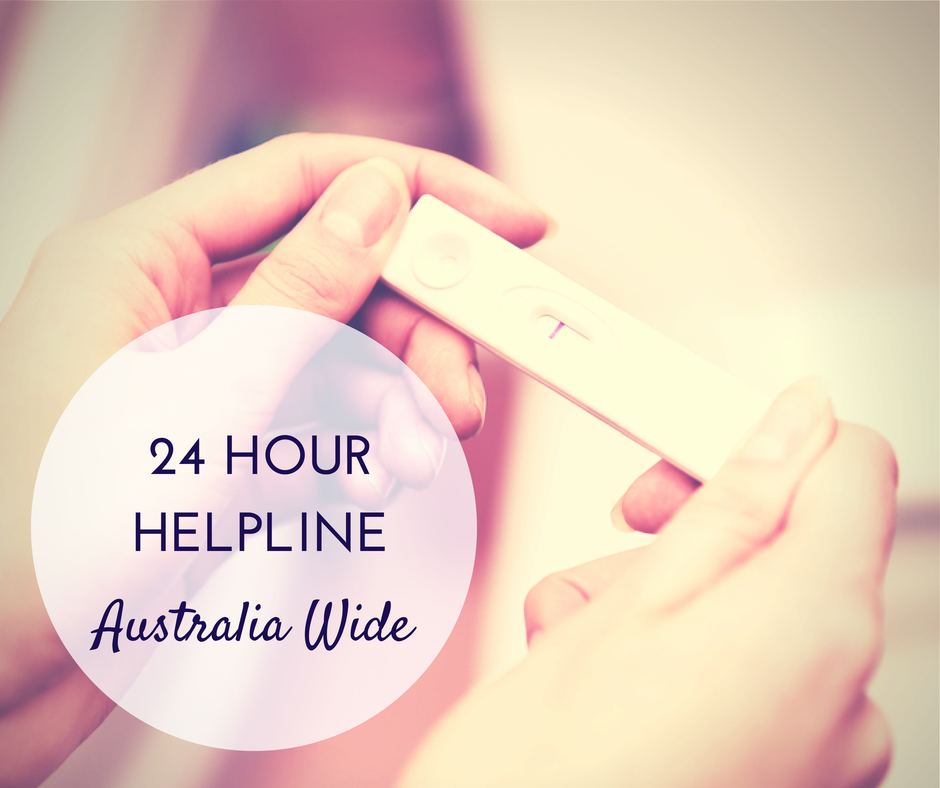America’s Next Roe Vs Wade
SCOTUS meets this week to hear the case of Whole Woman’s Health v. Hellerstedt. The case began in Texas as an attempt at tightening up standards for abortion providers in that state. Abortion proponents argue that the law is unconstitutional as it places an undue burden on women seeking an abortion, but pro-lifers simply want abortion providers to be held to a higher standard than vets and beauticians.
HB2
HB2 is a law that passed in Texas in 2013. It required a 20-week limit on abortions, that abortion providers must have admitting privileges to a hospital within 30 miles from their abortion facility and that the facilities must meet the standard of ambulatory surgical centres. This met with an outcry from abortion advocates, - yes, the same ones who want abortion to be “safe” - because most abortionists don’t have the will to improve standards for their patients. They preferred to simply close shop, and in the last two years, the number of abortion facilities in Texas has decreased from 40 to 19.
Abortion advocates wrongly call this a law that ‘punishes women’, when in fact it is designed to protect abortion-minded women from unsafe procedures. Abortion rights group NARAL was typically addled as they stated that ‘7 in 10 Americans support a woman’s ability to access safe and legal abortion’ while simultaneously claiming that the Hellersdedt legislation would restrict access to safe abortion. They fail to note that abortion providers are not ‘forced to close’ - they are free to continue operating their grisly business as long as their care for mothers, if not for babies, is up to the new standards.
Resulting Lawsuits
The Centre for Reproductive Health challenged the new law in 2014 and its enactment was blocked in August of that year. An appeal saw that lifted briefly, until the Supreme Court again stopped its enactment at some facilities. In June 2015, the Fifth Circuit enforced the HB2 with limited restrictions placed on the “Whole Women’s Health” Centre. CRH then went to the Supreme Court to review the case, which has led to this week’s historical challenge.
Legal, But Far from Safe or Rare
The entire abortion industry is notoriously unregulated. According to pro-abortion Guttmacher Institute,
“The risk of death associated with abortion increases with the length of pregnancy, from one death for every one million abortions at or before eight weeks to one per 29,000 at 16–20 weeks—and one per 11,000 at 21 weeks or later.”
Pro-life organisations such as Operation Rescue have documented multiple cases of unsafe and unsanitary conditions, abusive doctors and untrained staff in facilities across the US. The name of Kermit Gosnell is synonymous with gothic scenes of bottled baby parts and blood-stained apparatus: the price some women are willing to pay for their ‘choice’.
It’s that kind of choice that SCOTUS may well choose to uphold now that Justice Scalia has passed away, although it’s interesting to note that even a split (4-4) decision will mean that the 5th Circuit ruling will be upheld, empowering pro-life laws in four states.
But if Whole Women’s Health is unsuccessful, every state will be emboldened to hold its abortion providers to the highest standards of care; a standard that even many of their most outspoken patients aren’t expecting them to provide.


